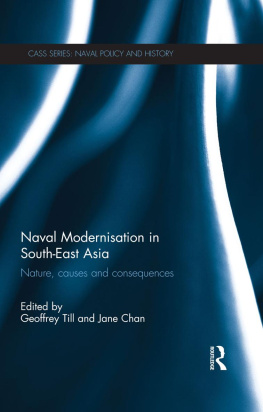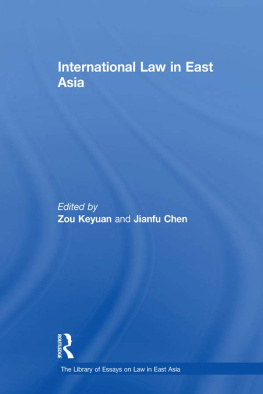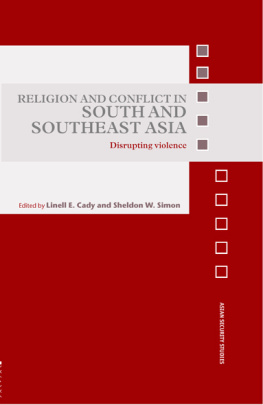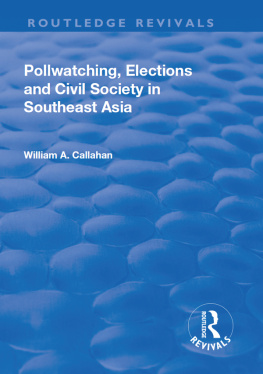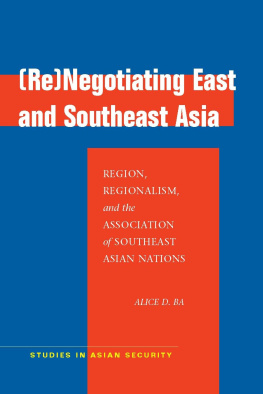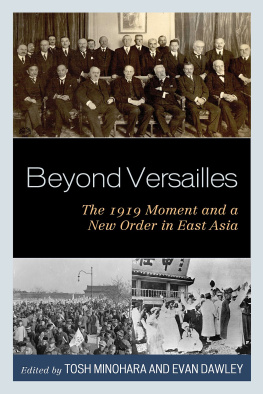Prologue
The Indochina Delegate
Comrades, said the thin Vietnamese to applause, I wanted to be here today to stand beside you in your work for the world-wide revolution. Instead, in the greatest sadness, in the deepest desolation, I am here to protest, as a socialist, against the abominable crimes committed in my native land. You know that French capitalism arrived in Vietnam fifty years ago. We were conquered at the point of the bayonet and in the name of capitalism. He repeated the term, to cries of Yes! Quite right! Since that day we have been shamefully oppressed and exploited; more than that, we have been horribly butchered and poisoned, and I mean the word literally: poisoned by opium and alcohol. In these few minutes I cannot describe all the atrocities committed in Indochina by capitalist bandits. Our prisons are more numerous than our schools. They never close, and they are full to overflowing That, comrades, is the treatment reserved for more than twenty million Vietnamese the equivalent of more than half the population of France. And they are under a French protectorate! Applause. The Socialist Party must act effectively in favour of oppressed native peoples.
He had the audience on his side. Many at this Congress of the French Socialist Party, at Tours in December 1920, were guiltily aware that for all their egalitarian principles they had done very little for the African and Asian peoples under French rule. The Paris Peace Conference of 1919 had changed nothing in the French colonies: the free, open-minded and absolutely impartial adjustment of all colonial claims, promised by President Woodrow Wilson in his Fourteen Points, was irrelevant to territories held by the victorious powers.
The audiences cries of Bravo! were interrupted as Jean Longuet, Socialist deputy, co-founder of LHumanit, grandson of Karl Marx, and vocal critic of the Peace Conference and its derided offspring, the Treaty of Versailles, stood up to defend his personal record. I have spoken in Parliament in defence of native peoples!
In taking the floor I asserted a dictatorship of silence, said the Vietnamese to laughter. The Socialist Party must make socialist propaganda in every one of the colonies. We will regard adhesion to the Third International as your formal undertaking to accord to colonial questions, at long last, the importance they deserve we shall be even happier, tomorrow, if the Party will send a socialist comrade to Indochina to investigate our problems at first hand.
In the name of all humanity, in the name of all socialists, right and left, we say to you: Comrades, be our saviours!
The Indochina delegate, said the chairman, will be aware from this applause that the whole Socialist Party is with him in condemning the crimes of the bourgeoisie.
It was true. Jean Longuet, robbed of the floor by the Indochina delegate, was also to be on the losing side when the vote was taken. The French Socialist Party had until this moment been a member of the Second or Workers International, whose record on anti-colonialism was weak. At this, its 18th congress, the Party voted to affiliate to Lenins Third or Communist International, which had mocked the 1919 Peace Conference and called for two of its leaders, Georges Clemenceau and David Lloyd George, Prime Ministers of France and Britain, to be toppled.
By this affiliation the French Communist Party was born; and the Indochina delegate, the future H Ch Minh, was present at its birth. Another who was present was Agent Devze of the Sret. Recalled from retirement to assist with surveillance, he had travelled from Paris on the same train as the Indochina delegate (a three-hour trip by express from the Gare dOrsay; change at Saint-Pierre-des-Corps; 47 francs each way, second class). On return, Devze reported fully to Jean Przyluski, a scholarly linguist who had built up the French spy network in southwestern China and was now nearing the end of his secondment to the Paris police. By this time Przyluski had files on 250 Indochinese political agitators and potential dissidents in France; It was a false name; the policemen were sure of that. Vietnamese, like some other South East Asians, may have a succession of names in the course of their lives, but this custom does not fit the French mould. Almost as much effort was devoted to discovering Nguyn i Qucs origins and real name as to recording his activities and contacts.
CLAIMS OF THE VIETNAMESE PEOPLE, 18 JUNE 1919
Excellency,
We take the liberty of submitting to you the accompanying memorandum setting forth the claims of the Vietnamese people on the occasion of the Allied victory. We count on your benevolence to honour our appeal with your support whenever opportunity offers.
We beg your Excellency graciously to accept the assurance of our deep respect.
For the Group of Annamite Patriots
[Signed] Nguyen Ai Quac
56, rue Monsieur-le-Prince Paris
CLAIMS OF THE VIETNAMESE PEOPLE
Since the victory of the Allies, all subject peoples are trembling with hope at the promise of an era of law and justice now in prospect by virtue of the formal and solemn engagements undertaken before the whole world by the various powers of the Entente in the struggle of civilisation against barbarism. As they wait for the nationality principle to pass from the domain of the ideal to that of reality through the effective recognition of the sacred right of peoples to determine their own destiny, the People of the former Empire of Annam, now French Indochina, present to the Noble Governments of the Entente in general and to the honorable French Government in particular the following humble claims:
1) General amnesty for all native political convicts.
2) Reform of Indochinese justice by granting to natives the same judicial guarantees as to Europeans and by total and final suppression of Special Tribunals, instruments of terror and oppression against the most responsible section of the Annamite people.
3) Freedom of the press and of opinion.
4) Freedom to associate and meet.
5) Freedom to emigrate and travel abroad.
6) Freedom of education, and creation in every province of technical and professional schools for the native population.
7) Ending of rule by decree; imposition of the rule of law.
As far as the police were concerned he had burst upon the scene 18 months earlier, on 18 June 1919, and his first known act was quite enough to startle them. He delivered to the Secretariat of the Peace Conference, in the panelled grandeur of the Quai dOrsay, typed copies, individually addressed to each official Allied delegation, of a memorial in competent French entitled Revendications du peuple annamite (Claims of the Vietnamese People). It bore the address 56, rue Monsieur-le-Prince, not far from the Sorbonne.
The Revendications were entered on the Conference record. A few delegations, including the Americans, sent polite acknowledgments; that was all. Such documents arrived frequently. Woodrow Wilsons Fourteen Points had held out the hope to subject peoples that from this Peace Conference would come self-government. As a result, a great many delegations had come to Paris uninvited to lobby for self-government. Most of them took hotel accommodation, enjoyed Paris at their supporters expense, and were easily watched.



